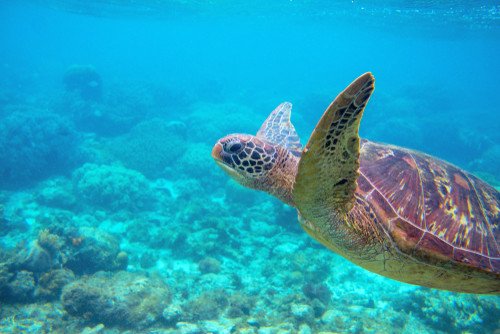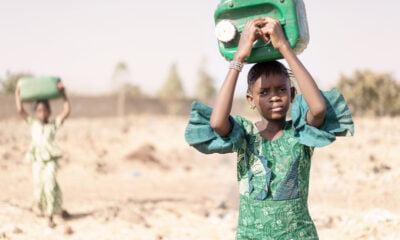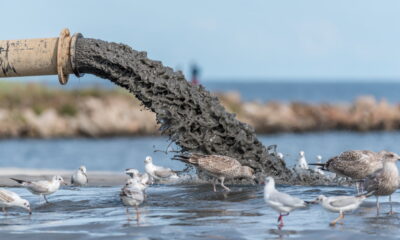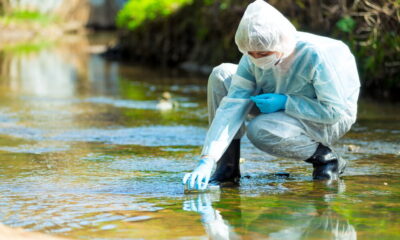The impact that man and our increasing consumer society have on the environment is having shocking effects. Economic progress and increased consumption lead to an exponential increase in waste growth, with devastating effects on our environment and our health. For things to improve, change must start from each of us, in our homes, in our small way.
1. Support ethical fashion
Today, ethical fashion is a reality and a choice that more and more companies have decided to embrace. Some companies, like Rockay, are taking environmental initiatives. Numerous fashion brands still don’t invest in this necessary change, but that doesn’t mean that ethical fashion is something to be considered just in the distant future.
We are well aware that the pollution issues are such that we must block it at the source reduce our consumption, try to get by without plastic and consume products locally. Using sustainable materials is a challenge and a need.
2. Reduce your plastic consumption
Plastic is known to be very difficult to decompose. Most of the plastic we use finds its way to rivers, lakes, and oceans. If possible, it is recommended to reduce the use of plastic objects and thus greatly help the environment. The easiest way is to stop using everything disposable, such as straws, plastic dishes, and packaging or plastic bottles. We only need them for a short time, and they will stay in nature for up to 400 years.
Unfortunately, plastic and toxins are eaten by wildlife in the oceans, causing fish and other animals to become toxic and diseased. Even the fish we eat can easily be poisoned, which increases the risk of disease, damage to the reproductive system and cancer.
3. Use energy-saving bulbs
These bulbs have a longer lifespan; they use up to 80% less energy and are recyclable. By saving energy you limit the number of greenhouse gases emitted into the atmosphere and therefore lower the phenomenon of ocean warming. Indeed, the sea traps much of the CO2 present in the atmosphere.
4. Don’t use chemicals in the garden
A large part of the pesticide pollution found in the river is due to gardening by individuals who use too many products without precautions. Of course, what ends up in the river eventually ends up in the sea and changes its ecological balance. Pesticides and herbicides are highly harmful to the environment. Washed away by the falling rains, these chemicals find their way to groundwater and later to rivers, lakes, and oceans.
5. Don’t throw away trash
When staying in areas that are near rivers, lakes, seas or oceans, no trash of any kind should be thrown into the environment. Even packaging thrown on the beach can reach the water and contaminate the source after a while. It would also be good to organize actions to clean up the coastal areas and to raise awareness among the community about the importance of keeping this part of their habitat and environment clean.
6. Recycling
Always choose packaging that is easier to recycle. Glass bottles, for example, are more grateful than plastic bottles for that matter. Pay attention to toxic products. Consumer products contain an incredible range of chemicals that are dangerous not just for the oceans but also for our health.
7. Don’t spill oil, chemicals, or medicine in the sink
Although there is no need to reduce the use of different types of oils in daily life, it is important not to spill them into drains. Any excess or unused amount of oil should be collected in bottles and thrown into a bin. Similar to oil, home chemistry is risky when it finds its way to a water source. Never throw medication down the drain. Even if you have whole packs of medicines that you no longer need, it is recommended that you get rid of them by throwing them in the trash.
8. Plant trees
If you live near a water source, it is advisable to enrich the fauna in the immediate vicinity. Trees are also very helpful in preserving ecosystems and reducing pollution. This regulates the carbon dioxide level in the water, which directly affects the pH level ratio.
The change needs to come
About 5.25 trillion plastic parts are floating in the oceans. One-third of the plastic is concentrated in the Pacific Waste Island. This means that there is a floating garbage island in the middle of the ocean. Unless we do something soon, we will bear the consequences. The seas and oceans are said to harbor considerable quantities of plastic fragments of various sizes (around 250 billion in the Mediterranean alone). At present, they constitute about 80% of trash.

































